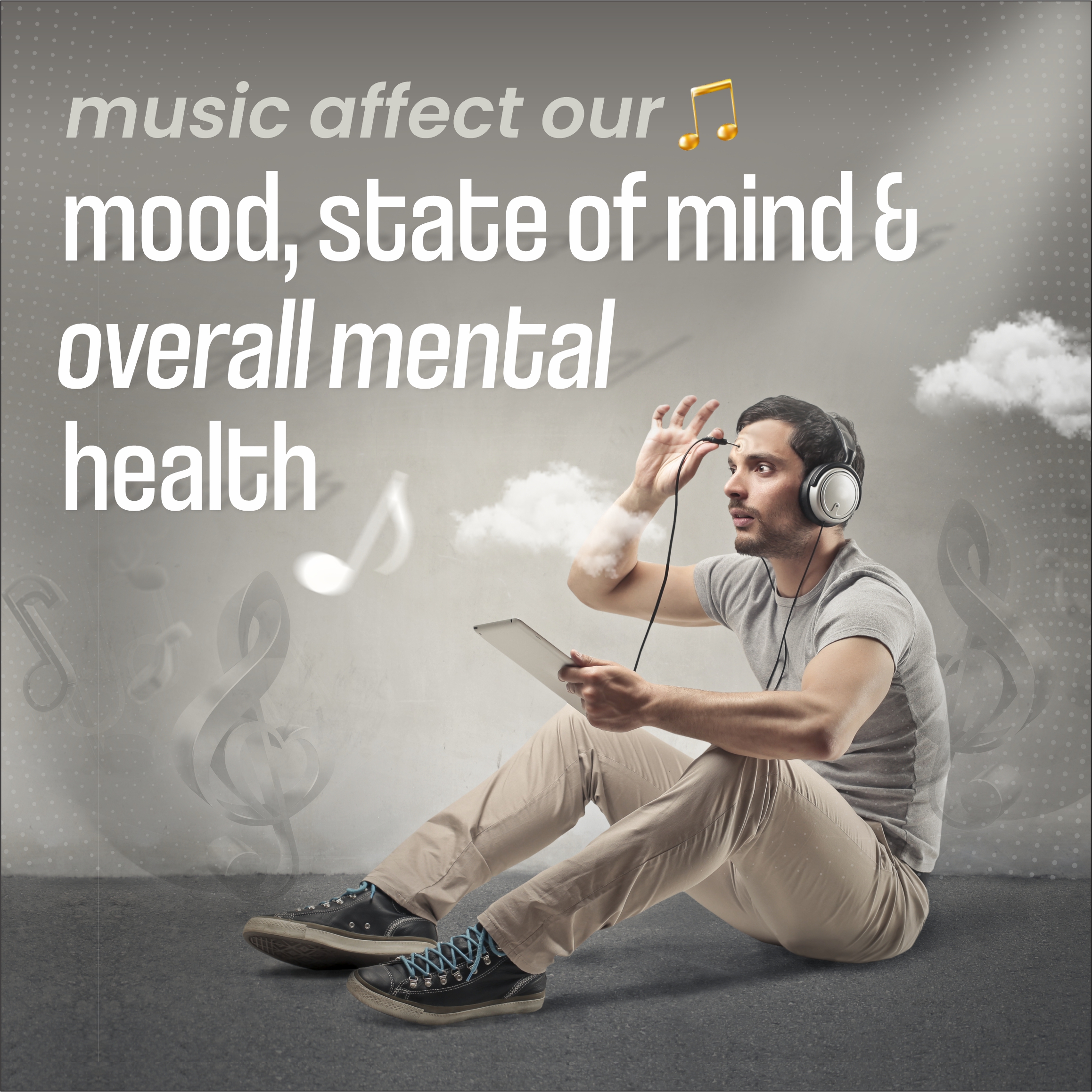Music is a fundamental part of human culture and has been around for thousands of years. It has the power to evoke strong emotions and feelings in individuals, and as a result, it has a significant impact on our mood, state of mind, and overall mental health. In this article, we will explore how music affects our mental well-being and why it is essential to incorporate it into our daily lives.
Music and Mood
Music has the ability to alter our mood in various ways. It can make us feel happy, sad, relaxed, or energized, depending on the type of music we are listening to. For instance, listening to upbeat music with a fast tempo can help improve our mood and increase our energy levels. On the other hand, slow and soothing music can help us relax and unwind after a stressful day.
Moreover, music can evoke memories and trigger emotional responses. For example, a particular song that we associate with a significant life event, such as a wedding or graduation, can bring back fond memories and evoke positive emotions. Similarly, listening to sad music when we are going through a difficult time can help us process our emotions and provide us with a sense of comfort.
Music and State of Mind
Our state of mind refers to our current emotional and mental state. Listening to music can have a significant impact on our state of mind, as it can alter our thoughts and feelings. For instance, if we are feeling anxious or stressed, listening to calming music can help reduce our anxiety levels and induce a sense of calmness. Music can also help us focus and improve our concentration levels, which can be beneficial for individuals who struggle with attention deficit disorders.
Furthermore, music therapy is a form of treatment that uses music to improve mental health conditions such as depression, anxiety, and post-traumatic stress disorder (PTSD). According to research, music therapy can help reduce symptoms of anxiety and depression and improve overall quality of life. It can also help individuals process traumatic experiences and improve their emotional well-being.
Music and Mental Health
Our mental health refers to our overall psychological well-being. It encompasses our emotional, cognitive, and social functioning. Music can play a crucial role in improving our mental health by providing us with a sense of comfort and support. According to studies, music can help reduce symptoms of depression and anxiety, improve cognitive functioning, and promote overall well-being.
Additionally, music can improve our social connections and relationships. Playing music in a group setting can create a sense of community and belonging, which is essential for our mental health. Moreover, music can provide individuals with a sense of purpose and meaning, which can be beneficial for individuals who struggle with their mental health.
Conclusion
In conclusion, music has a profound impact on our mood, state of mind, and overall mental health. It can help us relax, reduce stress and anxiety, improve our cognitive functioning, and provide us with a sense of support and belonging. Incorporating music into our daily lives can be an effective way to improve our mental well-being and lead a happier, healthier life. Whether it’s listening to music while working, playing an instrument, or attending a concert, music can provide us with numerous benefits and enhance our overall quality of life.


